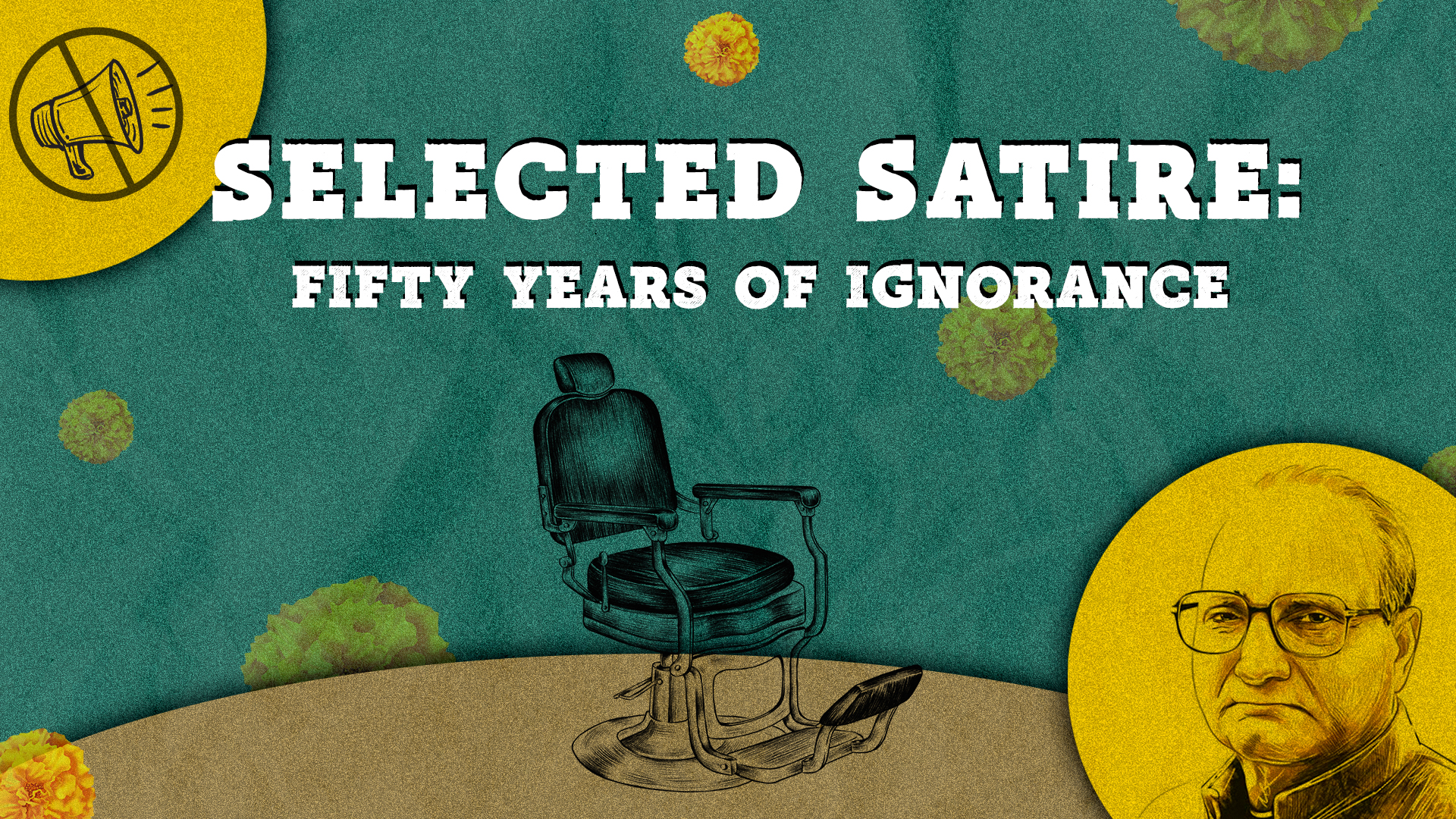Any arrival of an alien, out-of-the-ordinary phenomenon is greeted with a peculiar curiosity gushing out of ogling human eyes, making a quick distinction between Self and Other (anything deemed non-relatable). As a by-product of this curiosity, a certain judgment is passed where every non-normal attribution displayed by the Other somehow rows them further away from…
Pride and Prejudice: What Makes it Still Relevant?
“It is a truth universally acknowledged, that a single man in possession of a good fortune, must be in want of a wife.” These lines by Jane Austen at the beginning of Pride and Prejudice have been immortalized by their continuing relevance through time. Every single human being I know (mostly women) swoons at the…
Probing the Indian Heartland for Humour in Shrilal Shukla’s The Selected Satire: Fifty Years of Ignorance
Shrilal Shukla’s book, The Selected Satire: Fifty Years of Ignorance, is an English-language collection of 25 short prose pieces written to read like a mirror image of North Indian society. These pieces have been translated into English by Matt Reeck for Penguin Random House, India. Fifty Years of Ignorance, spanning over 427 pages, is a…
Sidney Sheldon Grayed My Brain: A Reflective Essay on his Novels
Sidney Sheldon Grayed My Brain: A Reflective Essay on his Novels – My father was actively involved in raising me and passively involved in inculcating in me a habit of reading while taking a dump. A multi-tasking, ‘starts the day with a to-do list stained by his chai’ kind of a person, he enjoys making…
Ray Bradbury’s Fahrenheit 451: A True Dystopian Horror for Book Lovers
‘Stuff your eyes with wonder,’ he said, ‘live as if you’d drop dead in ten seconds. See the world. It’s more fantastic that any dream made or paid for in factories. Ask no guarantees, ask for no security, there never was such an animal. And if there were, it would be related to the great…
How Feminist Retellings are Quickly Shaping our Understanding of Myths
How Feminist Retellings are Quickly Shaping our Understanding of Myths: When Adrienne Rich wrote in her popular essay, ‘When We Dead Awaken: Writing as Re-Vision,’ that re-visioning would be an act of survival for women, she was possibly envisioning a future when a massive wave of revisionist storytelling was going to ebb into the world…






